Whole cloves are the dried, nail-shaped flower buds of the Syzygium aromaticum tree, prized for their intense warm flavor and aromatic properties in cooking. This complete guide reveals exactly how to use them properly, their key health benefits, and essential storage techniques—all backed by culinary science.
Table of Contents
- What Are Whole Cloves? The Essential Definition
- How to Use Whole Cloves: Practical Cooking Techniques
- Whole Cloves vs Ground: When to Use Each
- Health Benefits of Whole Cloves: Science-Backed Facts
- How to Store Whole Cloves Properly for Maximum Freshness
- Whole Cloves Safety: Critical Choking Hazard Warning
- Historical Significance of Cloves in Global Trade
- Frequently Asked Questions
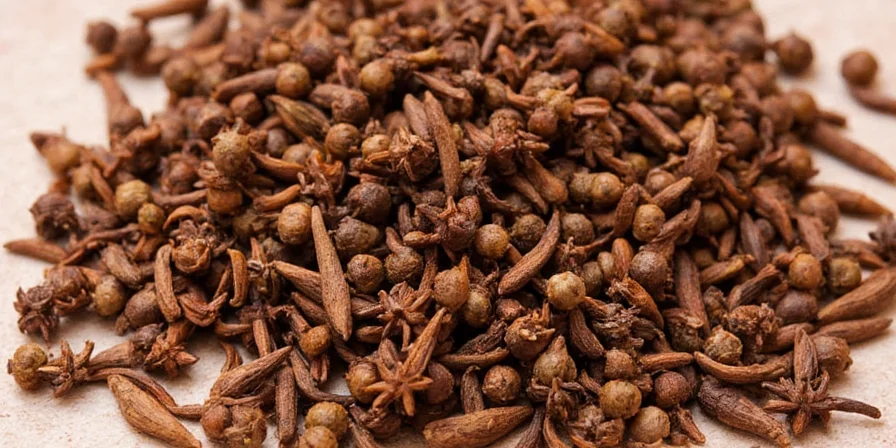
What Are Whole Cloves? The Essential Definition
Whole cloves are the unopened flower buds of the clove tree (Syzygium aromaticum), harvested and sun-dried before they bloom. Native to Indonesia's Maluku Islands, these small, nail-shaped spices measure 1-2 cm long with a tapered stem end and a bulbous head containing the highest concentration of flavor compounds.
Key Characteristics You Need to Know:
- Appearance: Dark reddish-brown to deep brown
- Texture: Hard and brittle when fresh, softening slightly when toasted
- Flavor Compound: 70-90% eugenol (creates signature warm, slightly numbing sensation)
- Shelf Life: Up to 3 years when stored properly (versus 6 months for ground)
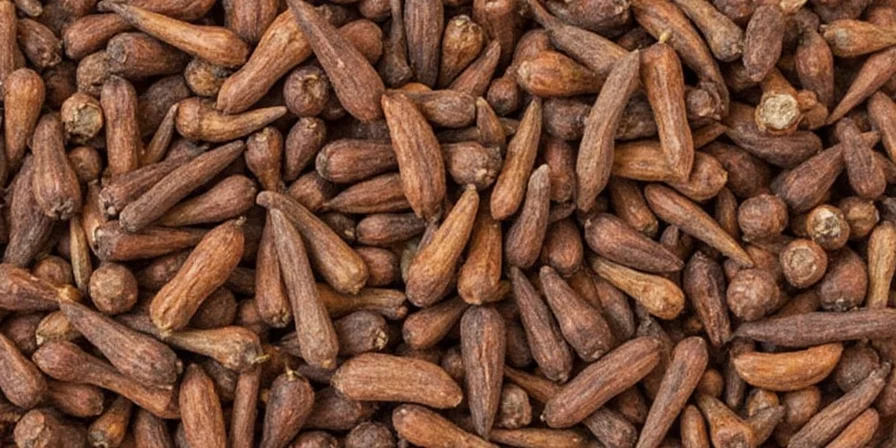
How to Use Whole Cloves: Practical Cooking Techniques
Professional chefs use these evidence-based methods for perfect clove integration without bitterness:
- Infusion Method: Add 3-5 cloves to liquids (stocks, broths, poaching liquids) and remove after 20 minutes to prevent over-extraction
- Studding Technique: Pierce onions, citrus, or ham with cloves for controlled flavor release (use toothpick for easy removal)
- Dry Toasting: Heat in dry pan 1-2 minutes until fragrant to enhance aroma before use
- Spice Blends: Combine with cinnamon sticks and star anise in muslin bags for easy removal from dishes
| Dish Type | Recommended Quantity | Timing for Removal |
|---|---|---|
| Rice/Biryani (4 servings) | 3 cloves | Before serving |
| Stock/Broth (1L) | 5 cloves | After 30 minutes simmering |
| Poached Fruit (4 servings) | 4 cloves | After fruit is removed |
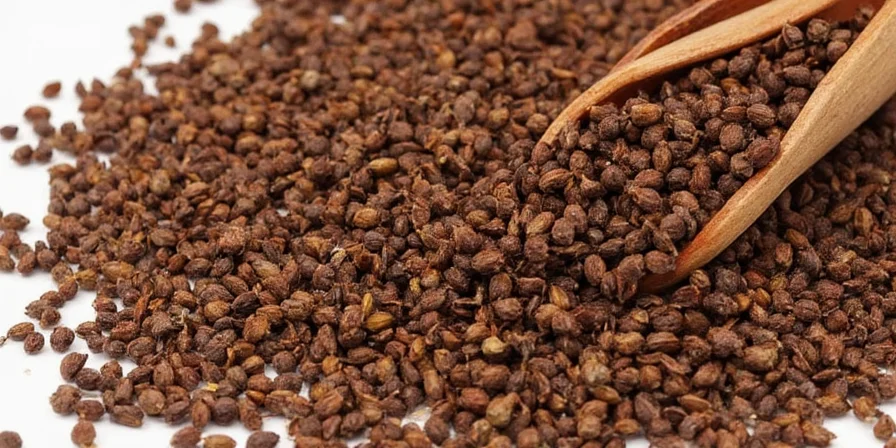
Whole Cloves vs Ground: When to Use Each
The choice significantly impacts flavor control and safety. These guidelines help you select the right form for your recipe:
| Situation | Whole Cloves | Ground Cloves |
|---|---|---|
| Liquid-based dishes | Ideal (remove before serving) | Causes cloudiness/sediment |
| Dry spice rubs | Texture issues | Better adhesion |
| Children's meals | Safer option | Choking hazard |
| Long cooking times (>45 min) | Use sparingly (2-3 max) | 1/4 tsp max to prevent bitterness |
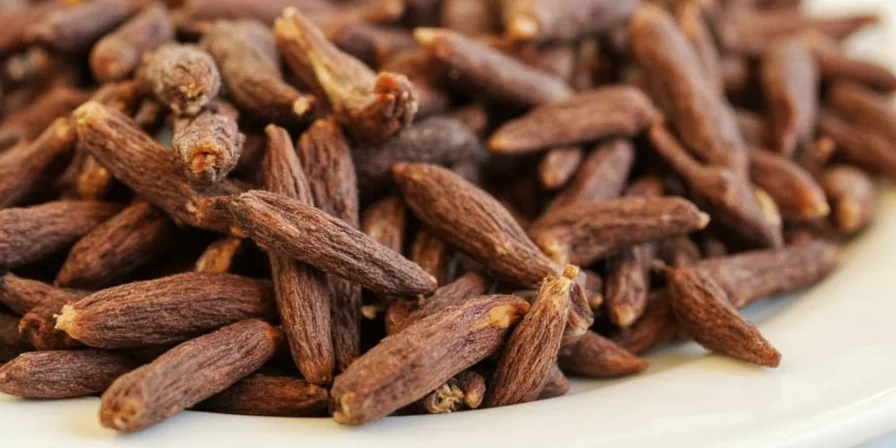
Health Benefits of Whole Cloves: Science-Backed Facts
Research confirms these evidence-based benefits when used in culinary amounts:
- Powerful Antioxidants: Second highest ORAC value among spices (290,283 μmol TE/100g), helping combat oxidative stress
- Dental Pain Relief: Eugenol provides 5-7 minutes of numbing effect (apply diluted oil to affected area)
- Digestive Support: Stimulates gastric enzymes at culinary doses (0.5g max per serving)
- Antimicrobial Properties: Effective against certain foodborne pathogens in laboratory studies
| Application | Safe Usage Protocol |
|---|---|
| Toothache Relief | Dilute 1 drop clove oil in 10 drops carrier oil; apply max 5 minutes |
| Cooking | 3-5 whole cloves per liter of liquid; always remove before serving |
| Topical Use | Never apply undiluted; max 0.5% concentration in carrier oil |
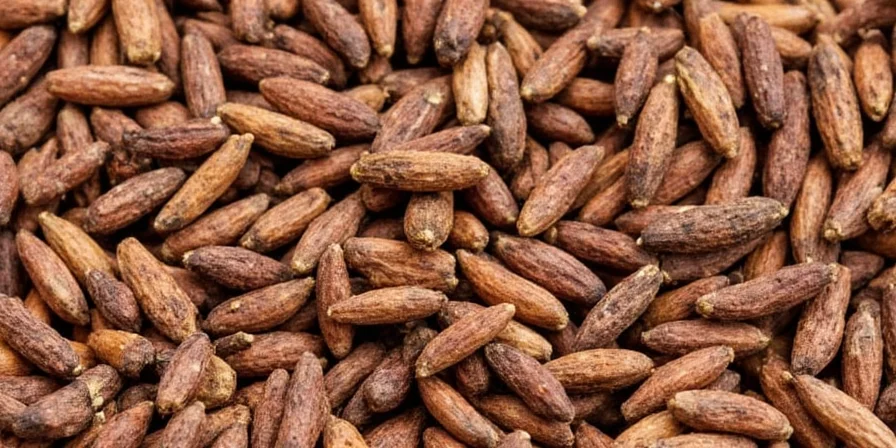
How to Store Whole Cloves Properly for Maximum Freshness
Follow these evidence-based storage methods to maintain 85% of volatile oils for up to 3 years:
- Air-tight Containers: Use amber glass jars to block UV light degradation
- Humidity Control: Maintain below 60% humidity to prevent mold growth
- Freezing Method: Vacuum-seal for multi-year preservation (thaw before use)
- Freshness Test: Crush a clove - fresh ones emit strong eugenol scent and leave oily residue
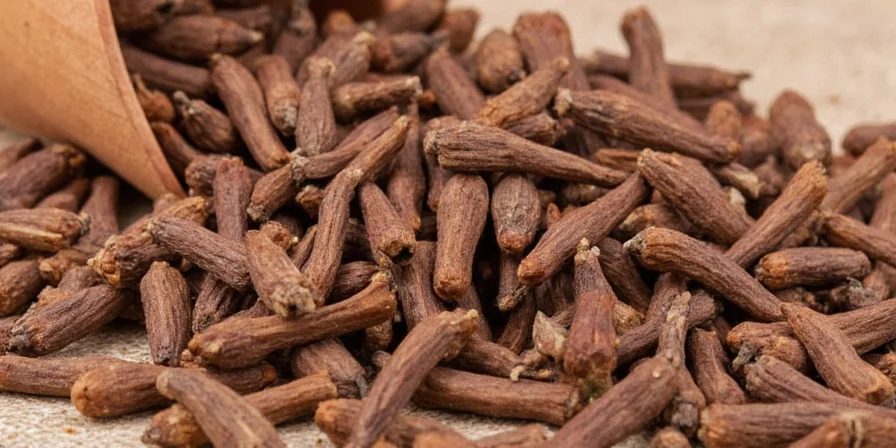
Whole Cloves Safety: Critical Choking Hazard Warning
Whole cloves pose significant choking risks, especially for children and elderly diners. The FDA reports multiple incidents of whole spices causing airway obstruction.
- Never serve dishes with whole cloves still embedded - always remove before serving
- Alternative for children's meals: Use clove-infused liquids strained through fine mesh
- Maximum safe quantity: 5 cloves per liter of liquid for adult dishes
- Ground alternative: Use 1/4 teaspoon ground cloves per 5 whole cloves when safety is concern
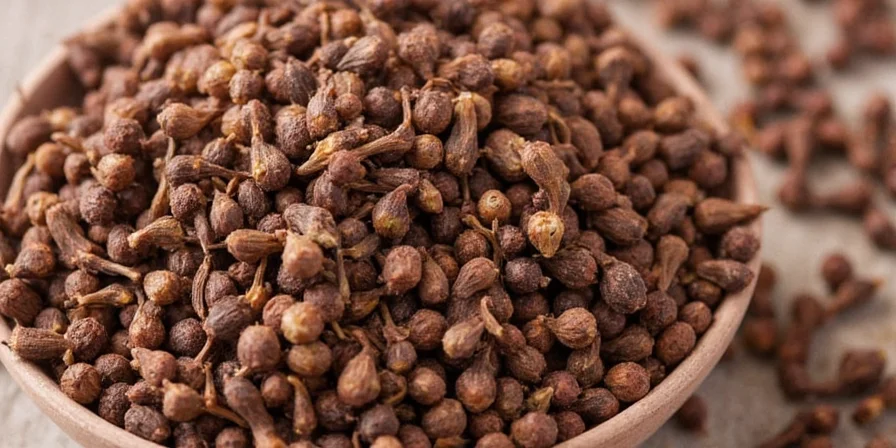
Historical Significance of Cloves in Global Trade
Cloves shaped world history through colonial power struggles. European powers fought wars specifically for control of clove-producing islands, with the Dutch destroying competing groves to maintain monopoly pricing. This context explains why these small spices commanded prices 200x their weight in gold during the spice trade era.
| Time Period | Region | Historical Impact |
|---|---|---|
| 200 CE | China | Mandated breath freshening for imperial courtiers |
| 1400s | Arab Traders | Controlled European access through Venice |
| 1621 | Maluku Islands | Dutch massacred 15,000 Bandanese for clove monopoly |
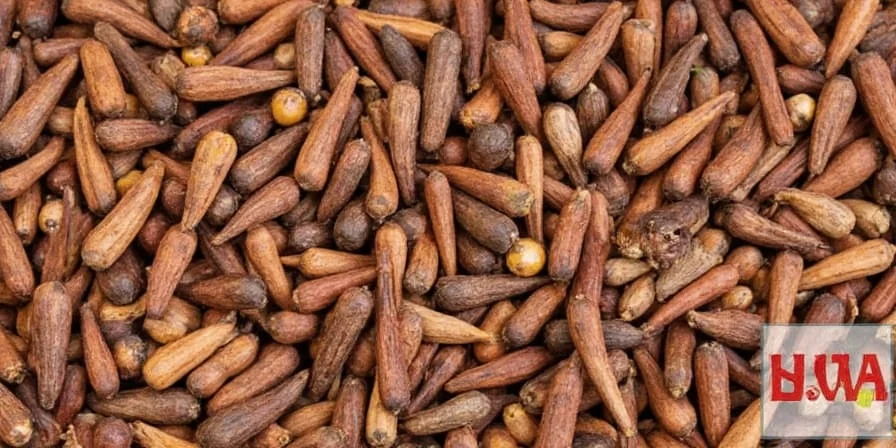
Frequently Asked Questions
Can you eat whole cloves?
No. Whole cloves pose serious choking hazards and may cause digestive tract irritation. Always remove before serving dishes. Ground cloves are safe for consumption in culinary quantities.
Why do my cloves taste bitter?
Overextraction occurs when cloves simmer beyond 25 minutes. Use a muslin bag for easy removal, or reduce quantity by 50% for dishes cooking longer than 45 minutes.
How to test clove freshness?
Crush a clove between fingers - fresh ones release strong eugenol scent and leave oily residue. Stale cloves feel brittle and lack aroma.
Are cloves safe during pregnancy?
Culinary amounts (under 0.5g daily) are generally safe. Avoid medicinal doses or essential oil. Consult your healthcare provider before therapeutic use.

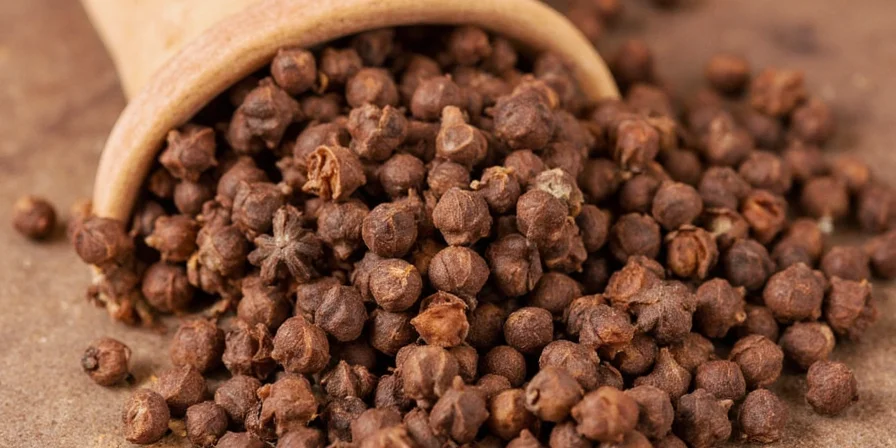









 浙公网安备
33010002000092号
浙公网安备
33010002000092号 浙B2-20120091-4
浙B2-20120091-4